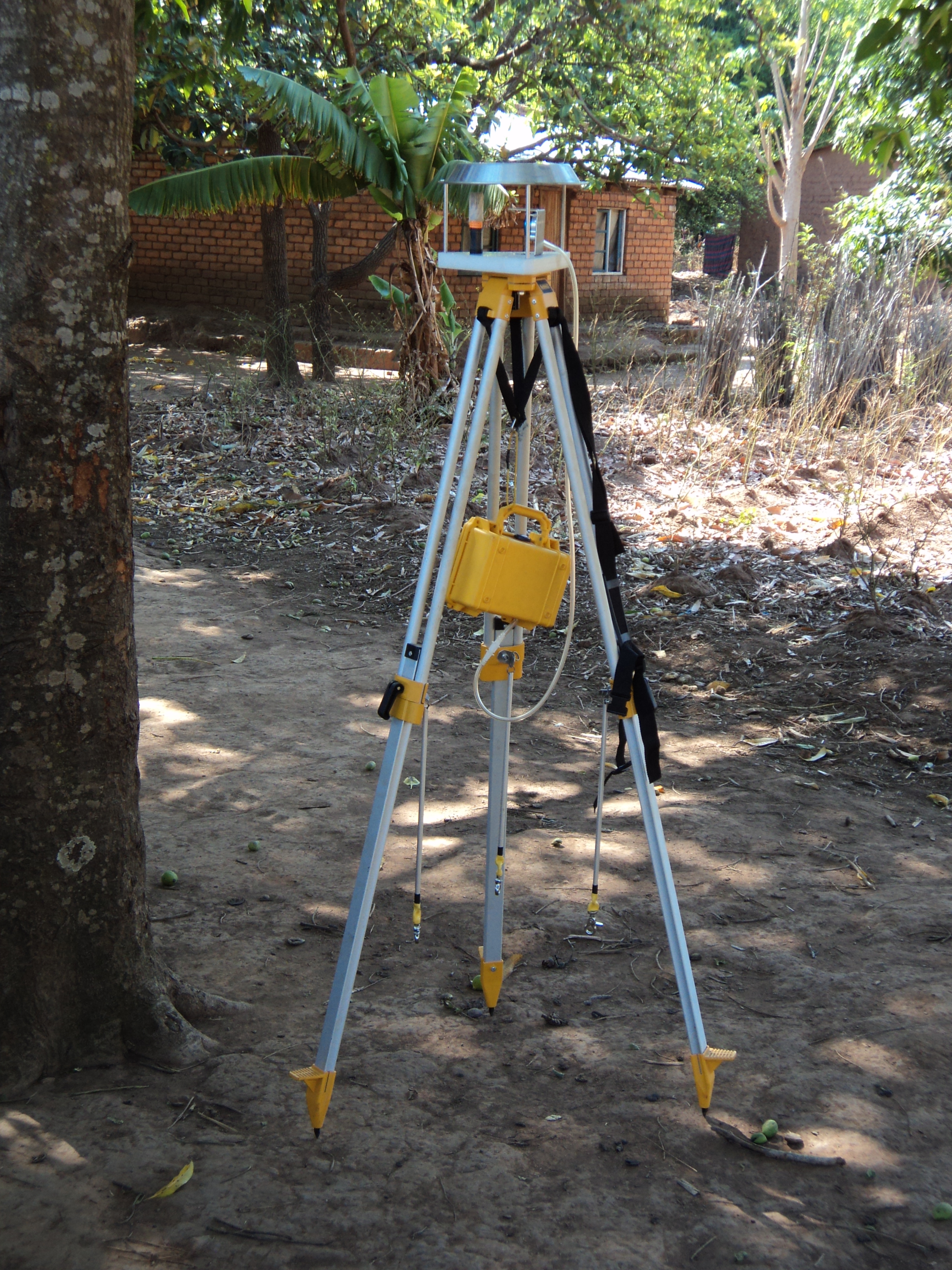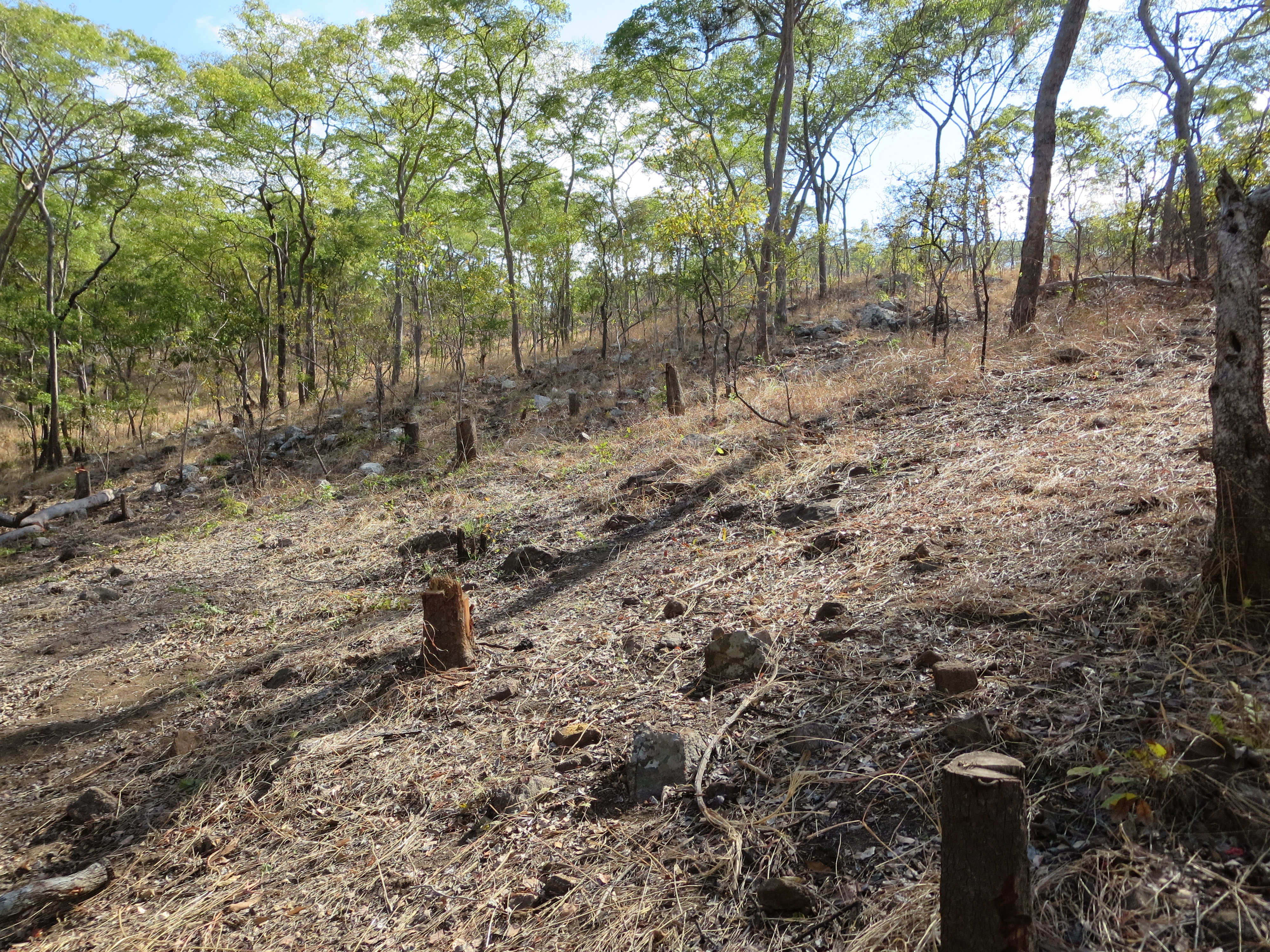Malawi Forest and Livelihoods Survey (MFLS)
Fieldwork by: Charles Jumbe (LUANAR), Thabbie Chilongo (LUANAR), Pam Jagger (UNC-CH), Ipsita Das (UNC-CH), Jerry Shively
Location: Machinga and Kusung Districts, Malawi
Sample: 400 households
Timeline: 2002-2013
Target group: Rural households near the forest reserve
Research papers:
Land use and household energy dynamics in Malawi


![]()
Policy Issue
Forests are an important source of environmental services and livelihoods in Africa. Few studies have explored the supply-side factors affecting fuel choice and with an estimated increase of dependence on biomass in Sub-Saharan Africa, more attention to how fuelwood is harvested, where harvesting happens, and forest dynamics could help to understand the availability of woody biomass. To overcome this challenge, we added detailed panel data to the Malawi Forest and Livelihoods Survey (MFLS) survey to explore the relationship between land-use change and the type of fuel households use, time spent collecting fuel, and expenditures and how land use dynamics influence household-level choice of primary cooking fuel.
Details of Intervention
With support from the Malawi government, LUANAR, the National Institutes of Health (NICHD) and the Fogarty International Center, the first wave of the Malawi Forest and Livelihoods Survey (MFLS) took place in 2002 followed by the second wave in 2006, the third wave in 2009, and the fourth wave in 2013.
The sample was drawn from 18 villages in Malawi’s Machinga district and 26 villages from the Kasungu District. These districts were chosen for their geographical closeness to either the Liwonde or Chimaliro Forest reserves. Each survey wave included questions related to forests and livelihoods and progressed with modules on co-management of forests, fuel and cooking technologies, health and nutritional outcomes for women and children under five, food consumption, awareness of health, environmental, and climate impacts of cooking decisions. To understand the exposure of household air pollution (HAP) effects, primary cooks wore carbon monoxide (CO) monitors for a 24hr period and particulate matter (PM2.5) was measured across 100 households.
Policy Discussion
Our findings confirm that the majority of households in Malawi rely on collected fuelwood for primary cooking fuel and land-use change through deforestation/degradation. By leveraging panel data for a representative set of households, policymakers could consider interventions to understand how environmental degradation could potentially impact the cost and availability of biomass fuels in surrounding areas. For future research, understanding the effects of land cover change could help with broader conclusions.







